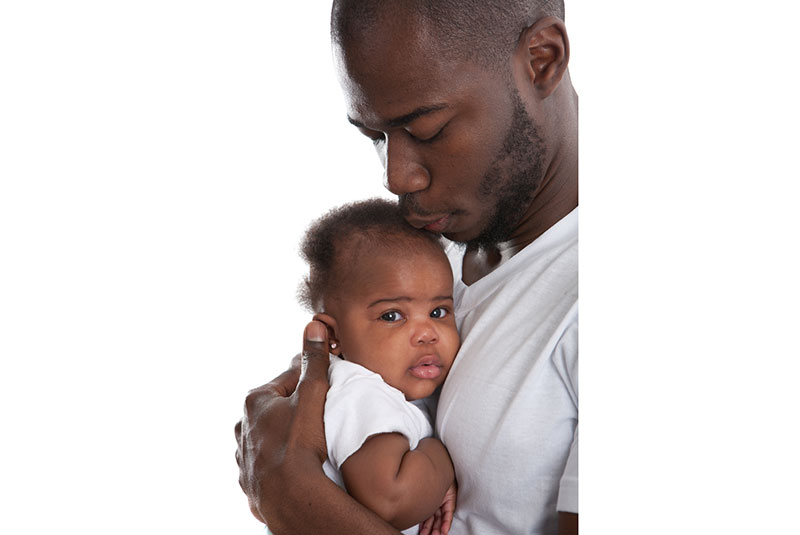×
The Standard e-Paper
Smart Minds Choose Us

A medical breakthrough means boys who undergo fertility-destroying cancer treatment could still have children of their own later in life.
Scientists have frozen testicular tissue from monkeys too young to produce sperm before successfully using it to produce a pregnancy leading to healthy offspring.